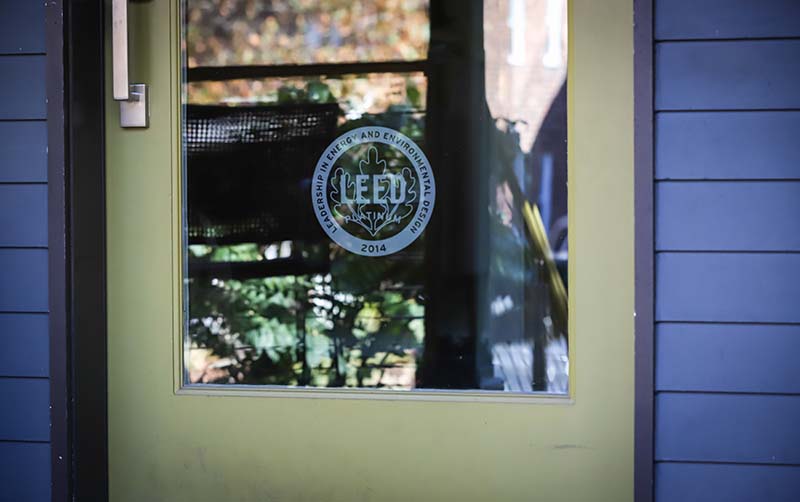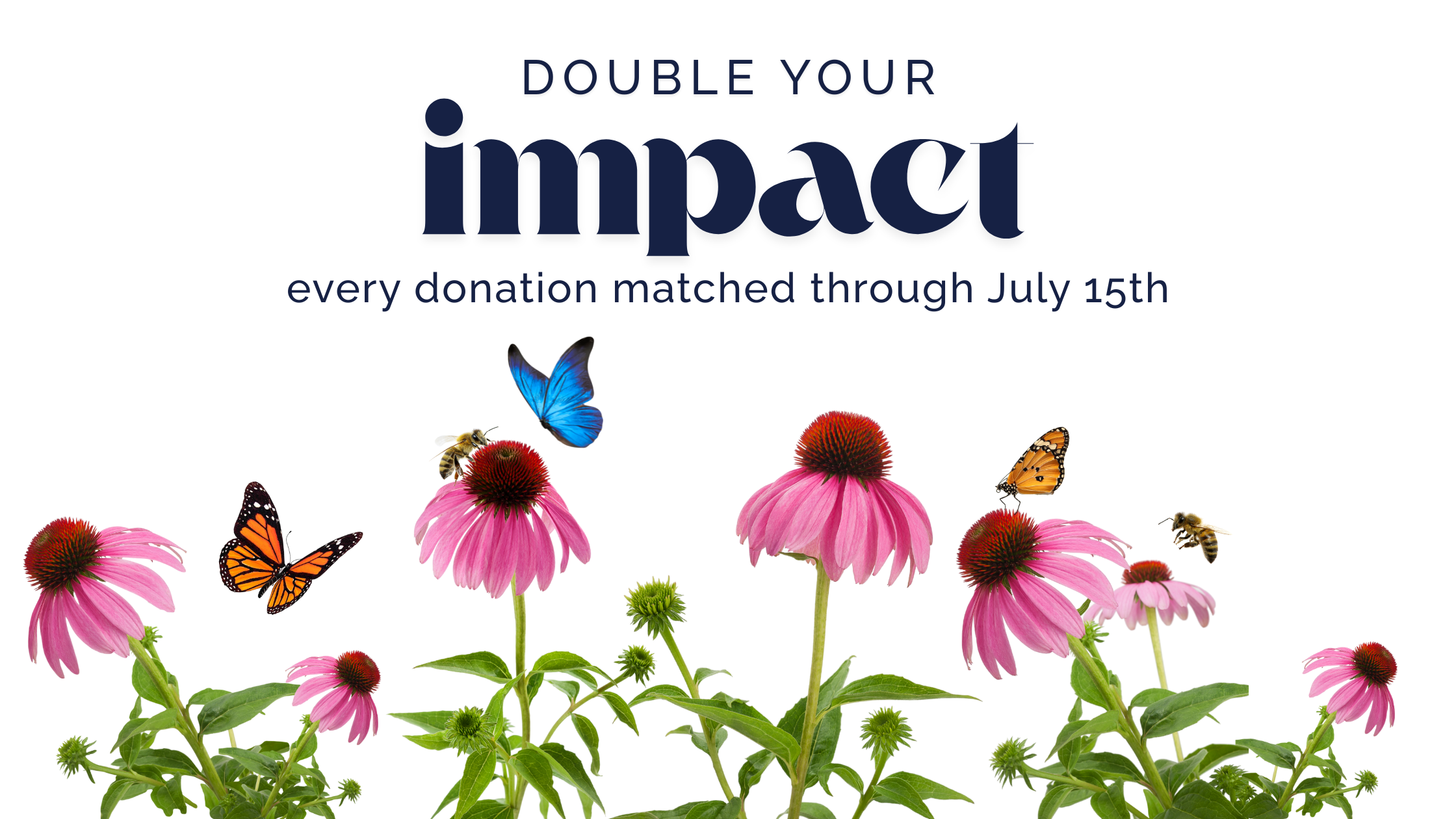Build or remodel
The best way to build environmentally is to incorporate sustainability at each decision point. From the moment you begin to draw up plans through your purchasing decisions, there’s plenty to consider so your new building has the least impact on the environment.
Programs for NJ Businesses:
NJEDA offers a Small Business Improvement Grant that reimburses you for the costs associated with making building improvements or purchasing new furniture, fixtures and equipment. This grant requires you to implement energy and water-efficient building components where applicable.
Whether you rent or own your business property you can get a FREE Business Energy Assessment! PSE&G pays for 100% of the up-front costs of the recommended energy efficient upgrades. When the work is complete, customers repay as little as 20% of the total—interest-free—over 60 months on their PSE&G bill.
Making Upgrades to Your Business:
- Incorporate sufficient insulation and sealing throughout your building to ensure air is not leaking through cracks and crevices.
- Buy ENERGY STARⓇ. Energy-efficient appliances and equipment lower your monthly utility bills.
- Use LED lights. Lower your energy costs and change bulbs less frequently.
- Install dual-flush toilets and reduced flow faucets and showerheads save you water and lower your monthly bills. Consider a greywater system to reuse water for flushing toilets.
- Use energy efficient hot water systems. They can include solar to heat water via the sun and/or be tankless to provide instant hot water.
- Control air temperature efficiently. Include efficient heating, ventilation, and cooling (HVAC) systems, programmable thermostats, or mini-split units to maximize efficiency.
- Source building materials locally. If your building project includes stones or wood, consider locally-milled wood or stones from a local quarry to avoid shipping and support local businesses.
- Use recycled items. Look for products containing recycled content, such as countertops made from recycled glass or reclaimed wood, bricks, and stone.
- Skip the landfill. Certain construction debris can be recycled. In the Princeton area, that includes asphalt shingles, concrete, and bricks.

Certification Programs
If you are building sustainably, consider one of the following programs to keep track of your progress and enhance your marketing.
Leadership In Energy And Environmental Design (LEED) provides a framework to create healthy, highly efficient and cost-saving green buildings. LEED buildings are built to provide clean indoor air and use less energy and water. That means lower utility bills each month. For more information, visit the US Green Building Council – LEED webpage.
Passive House Institute US, Inc. (PHIUS) certifies buildings that meet stringent passive building principles, including airtight construction, continuous ventilation, and resilient buildings that actively minimize the energy required by the home. Learn more at PHIUS certification webpage.
Remember, you can build to the standards of any of these certification programs without having to get certified. Certification is a great way to show your commitment off to the world, and to keep your builder accountable, but not essential. Be sure to communicate your commitment to sustainability with your builder upfront.




